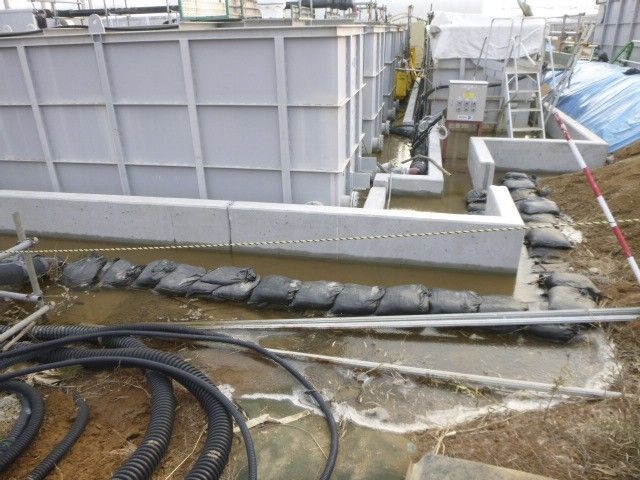Uncertainty over Future, Depression Prompt Suicide Cases to Rise in Fukushima

Numbers of suicide cases in Fukushima continued to rise since 2011 triggered by depression and uncertainty over the future.
According to the Japan Times, citing data from the National Police Agency (NPA), there were a total of 37 suicides committed in 2013 in Iwate, Miyagi and Fukushima prefectures, a jump of 13 cases from the previous year.
The NPA said the suicide cases numbers rise each year in Fukushima.
Suicide is a deeply-ingrained aspect of Japanese culture, and for many Japanese, it is a more honourable way of death.
Read: 4,000 Claimants from All Around the World Sue Nuclear Giants GE, Toshiba, Hitachi for 2011 Fukushima Disaster
"The impact of the nuclear accident is prolonging people's stay in evacuated locations and this could have affected the Fukushima figure," Japan Daily Press quoted an unidentified official from the Cabinet as saying.
"Many people may be feeling stressed for not knowing when they can go back to their homes, being unable to find transport or feeling isolated from people around them," Yasuyuki Shimizu of the Life Link support center told the Japan Times.
Of the 23 suicides in Fukushima, 16 involved people who had to evacuate their homes, an increase of five from 2012.
Read: Chaos in Tokyo After Prosecutors Drop Charges Over Fukushima Nuclear Meltdowns
By age bracket, the largest number of suicides came from those in their 50s at 12 cases, up by seven from the previous year. There were also those who committed suicide in their 80s or older at seven cases, up by four.
One resident, Hideko Takeda, shared that her father, who was a farmer, was still robust even at 80 years old. "Each day he still milked the cows and tended his fields." But he was forced to leave his home when the disaster struck three years ago. What's more, he was forced to leave his cows to starve to death in their shed.
The decision ultimately ate him up, Ms Takeda said. From robust, her father's health slowly deteriorated. He died within two years of the nuclear meltdown.
Read: Scientists Build Radiation Scanner Exclusive for Babies of Fukushima, Could It Help Save Their Future At All?





















